On an ancient Suzhou street with traditional white walls and black tiles, an old lady in her nineties lives with her caretaker who is in her sixties. The old lady comes from a prestigious family and was a national athletic star during her college years. After fleeing to Suzhou from Shanghai together with her lover, her life was filled with hardship. Her husband didn't leave her, but always betrayed her, and in the end passed away before her. After her husband's death, the old lady, who has no children, wrote a will that she will give all her money to the local university for a scholarship.
The old lady treated her will as a secret. However, everybody knew this secret. People couldn't understand why she would give money to students who had never taken care of her? Once while she was sick and had an unclear mind, her care-taker made her write a slip promising to give the caretaker RMB 20,000. In order to get this money, the care-taker began to study and learn one Chinese character a day. The old lady was hospitalized for several times and lots of valuable furniture was taken away by her niece, which made the caretaker envious. So, the caretaker and the niece began to bad-mouth each other before the old lady…
Before we know it, six years passed. Half of the old street was dismantled and the other half remains. With all the happenings in the world, the old lady lived through the frustration in her life and was revitalized at age 95, just like an ancient tree producing new buds. Under the autumn sunlight and with the caretaker by her side, she caressed the remaining bit of a photo showing her with rosy lips, missed her late husband, and pondered how her secret would one day be disclosed and what legacy she would leave — all things that seem meaningless to those around her.
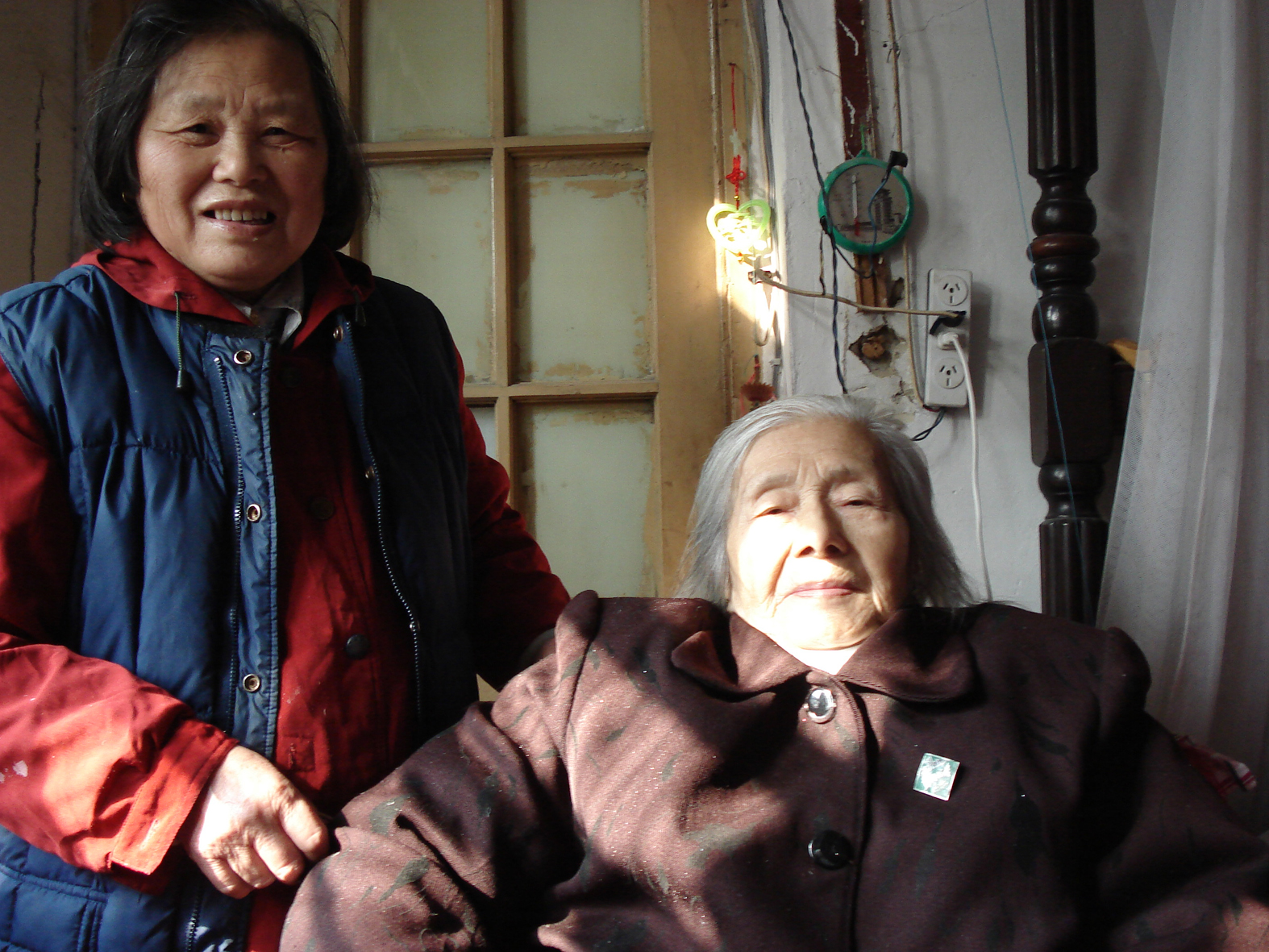
Taiwan2007 / 30min
Director:LIN, Hong-jie
In Taiwan, each month some 40,000 people on average become “card slave” as a result of failing to meet credit card payment. Some people pay off one card with more cards, but end up unable to meet all his debt obligations. Pressed by heavy debts, the living standards of card slaves make a dramatic turn for the worse.
Banks try all they can to promote consumer finance, encouraging the public to realize their dreams through borrowing. At the same time the banks by technical financial maneuvers transfer debts to some asset management agencies that mafia operations in disguise. As a result, these criminal organizations use various threatening and violent means, all under the name of law, to force card slaves into making payments — far from realizing dreams, borrowing has become a nightmare in itself.
More and more people commit suicide, and the number of borrowers continue to break record. Unemployed parents, underachieving in education, lowering of living standards – card debts is spreading social-economical recessions and other related social problems across Taiwan.
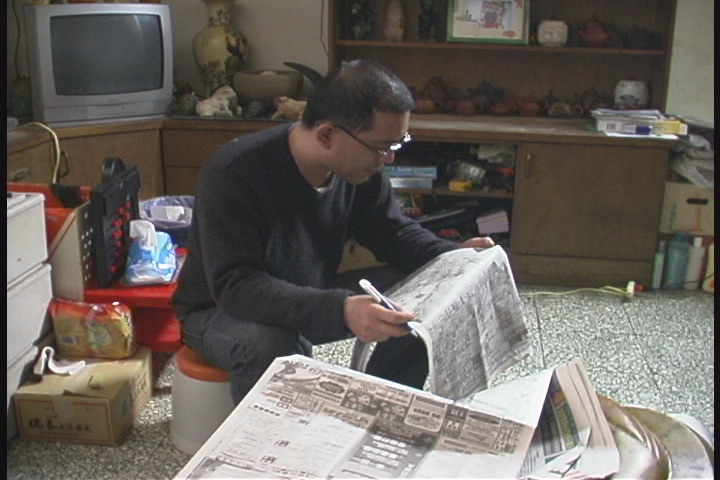
China2007 / 74 & 30min
Director:PENG, Hui
Twenty years ago, Wu Yu came to Shenzhen with his dream. As he earned RMB 300 a month by huckstering unmarketable beverage with his bike under the burning sun, he never expected to be a billionaire.
For many "rich people" in Shenzhen, their paths to wealth two decades ago was nothing more than smuggling, stock market and real estate market speculation. Wu Yu followed a similar path. A decade ago when he was penniless in Shenzhen, he made a killing in the then unregulated Chinese stock market. Later he turned to the property industry, in which he became a billionaire very quickly.
Bright and overconfident, Wu Yu is always proud of his judgment. However, he missed a fantastic opportunity in the bull market last year, despite his past successes playing the stocks. He got drunk once. With tears, Wu Yu told the director, "Peng Hui, now I'm rich, but I have no root, I float in Shenzhen, just like duckweed."
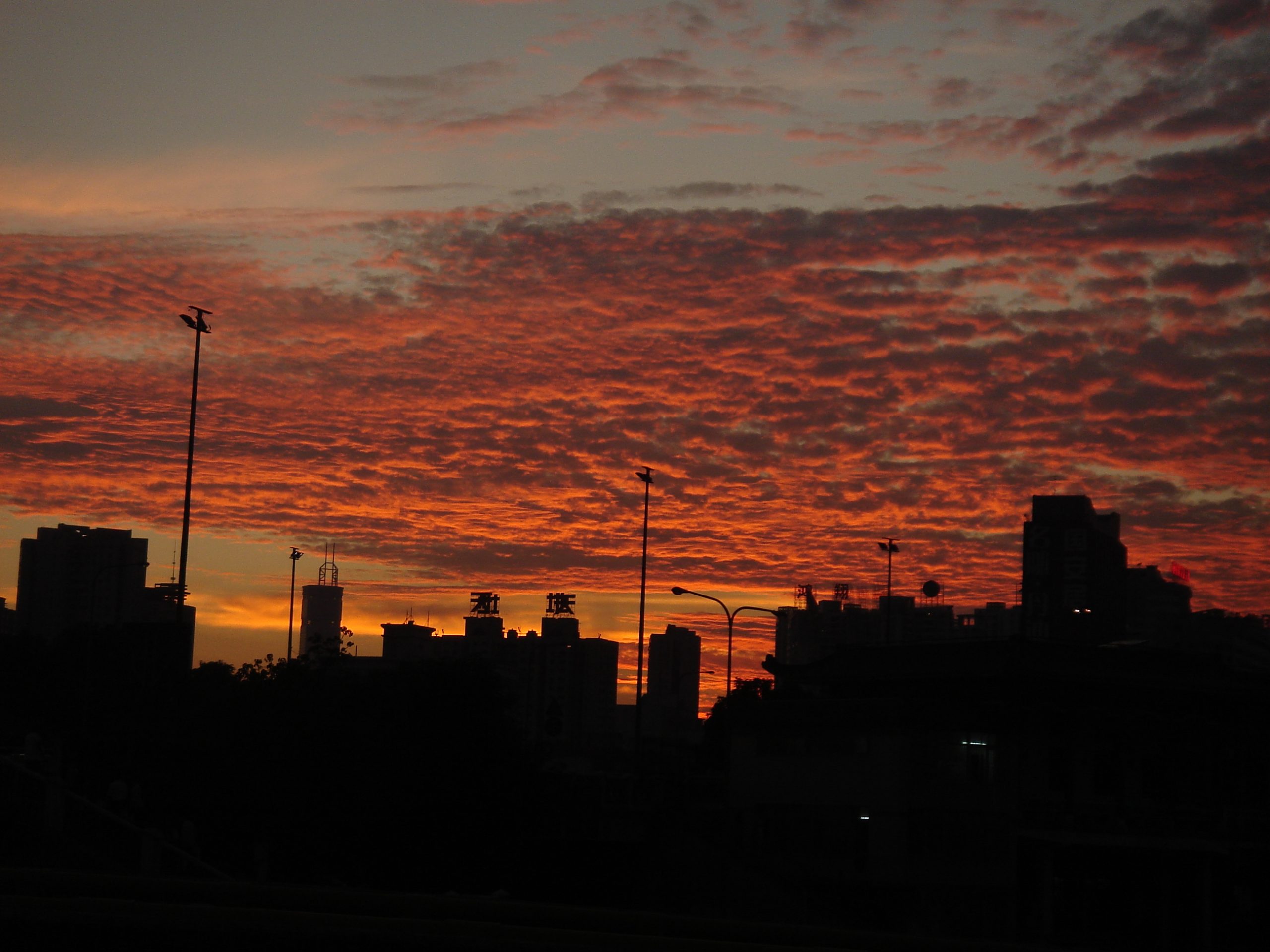
China2007 / 73 & 60min
Director:CHANG, Chao-wei
This is a time when business, trade and wealth prosper.
In the early spring of 2007, the Chinese stock market plunged, leading to a global panic in the world stock market. This has shown that the Chinese economy has already been integrated into the process of globalization. Later on the National People's Congress (NPC) and the National Committee of the Chinese People's Political Consultative Conference (CPPCC) were convened and issues related to people's well-being and the enlarging gap between the rich and the poor became the focus of discussion; in the government work report presented by Premier Wen Jiabao, great attention has been given to environmental protection, issues concerning with agriculture, countryside and farmers, education, health care and other public services. Therefore, after more than 20 years of development, the Chinese people have accumulated a considerable amount of money, yet they are also confronted with issues such as the distribution of wealth and the position of social values.
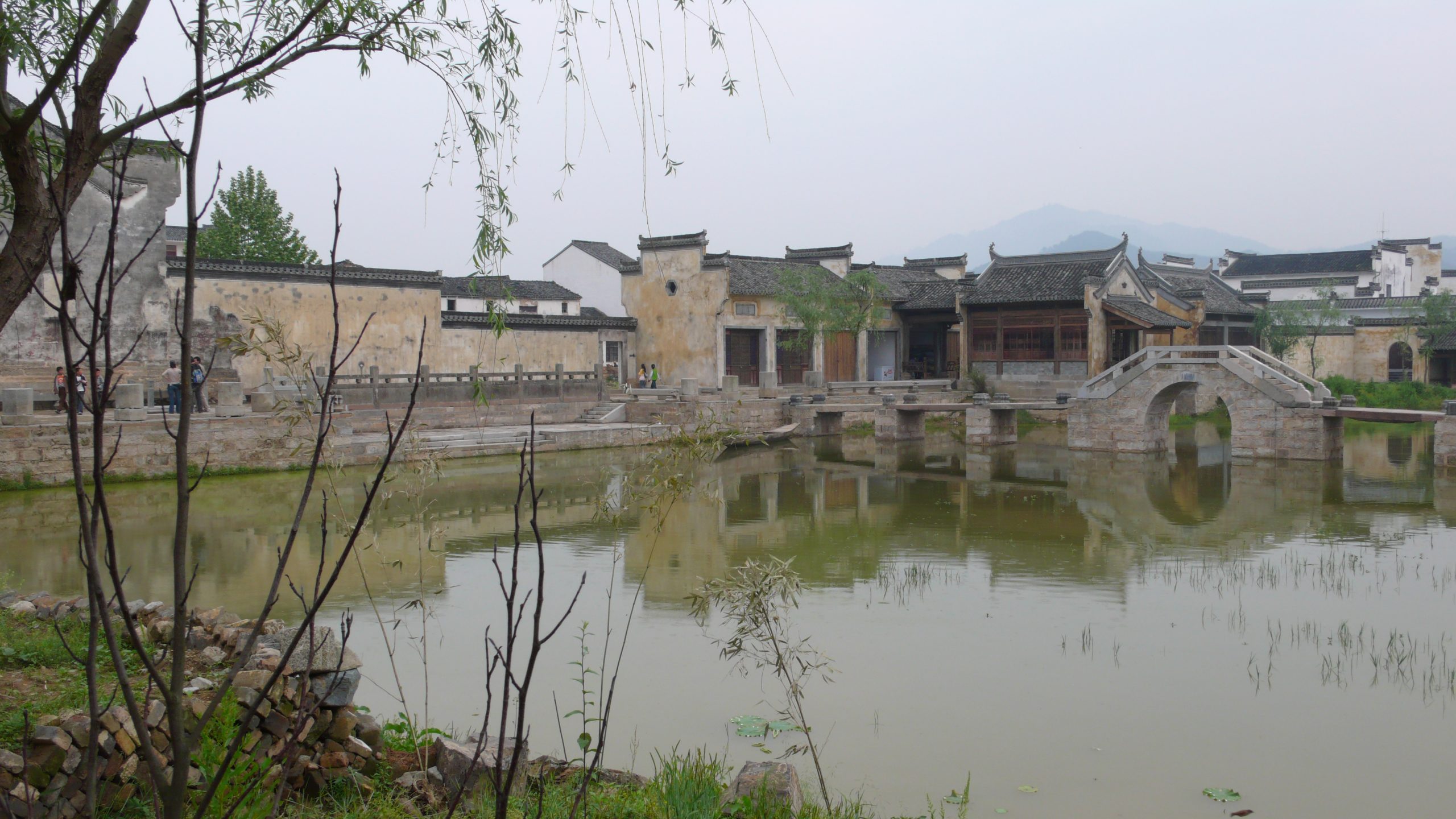
Hong Kong2007 / 73min
Director:CHEUNG, King-wai
No country in the world is without poverty, capitalist or communist. Affluent Hong Kong is one of the largest financial centers around the world.
According to a 2006 research by the World Development and Economy Research Institute of UN University in Finland, 1% of the richest adults in the world own 40% of global wealth, while the poorer half of the global population merely owns 1% of total wealth. In Hong Kong, the wealth gap the 5th highest globally.
The strange thing is that Hong Kong has no local beggars, merely those bold beggars from the mainland. No one begs, not even an 80-year-old collecting cardboard. Only the mad begs for money. The poverty in Hong Kong is hidden and secretive, as if poverty is a shame. The government builds beautiful public buildings for low-income residents, with big gardens and stores, as if Hong Kong has no poor people. Does Hong Kong have poor people? Why is poverty not seen?
Peaceful and prosperous, this kind of surface richness doesn't mean each Hong Kong residents has access to wealth.
So, what's the life like for Hong Kong's paupers?
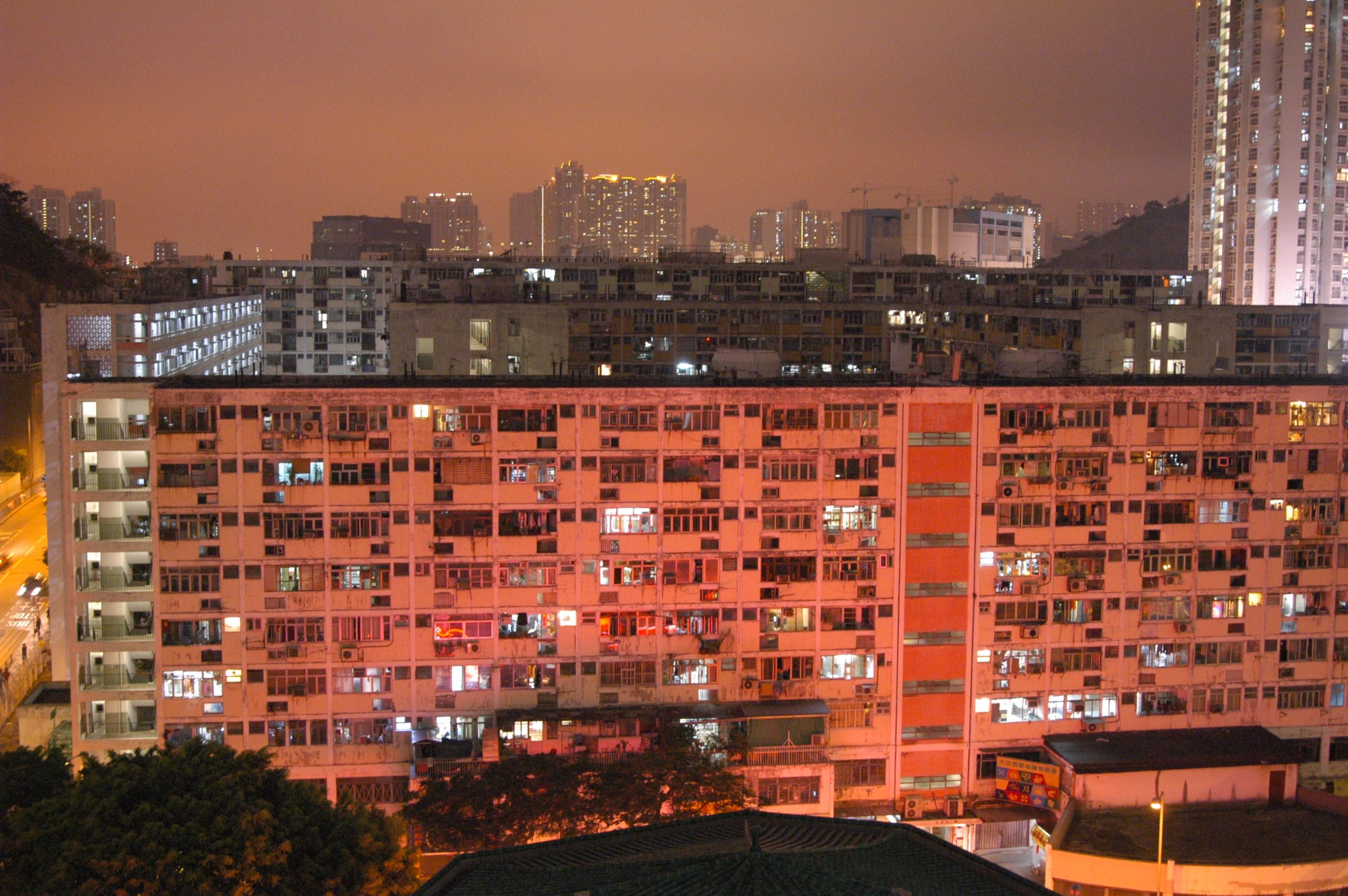
China2007 / 48 & 25min
Director:LI, Jun-hu
In 2002, Han Peiyin’s son Shengli was accepted in a university, and arrived to the city of Xi’an from his rural home. To pay for Shengli’s living expense and tuition, the Han sold off all valuable things in his home and came to work in Xi’an to make money. Though a lifetime peasant, Han firmly believed knowledge had the power to change destinies, and expected his son to be successful.
Job for peasant workers was getting harder to find as more and more peasants came to the city. Han could barely make RMB 400 a month, yet Shengli needed RMB 9,000 a year for college. The place Han stayed at cost one RMB a night. At night, he used a brick as his pillow. His son Shengli would think what to eat after class. He saw the bottled water his classmate was holding and could only think of taking the empty bottle and sell it for money.
Graduation was near. A shy youth, Shengli’s job prospect was dim. He felt this city was becoming further away from him. Despite his education, he might end up earning less than his father.
For years elder Han carried with him a notebook, in which he entered records of his borrowings. Most of them were small sums of 10 or 20 RMB. He also noted his expectations for his son: “Around the year 2013 or so, that is, roughly in my sixties, Shengli will take our family to Beijing for a sightseeing visit. We will have plenty of money by then…”
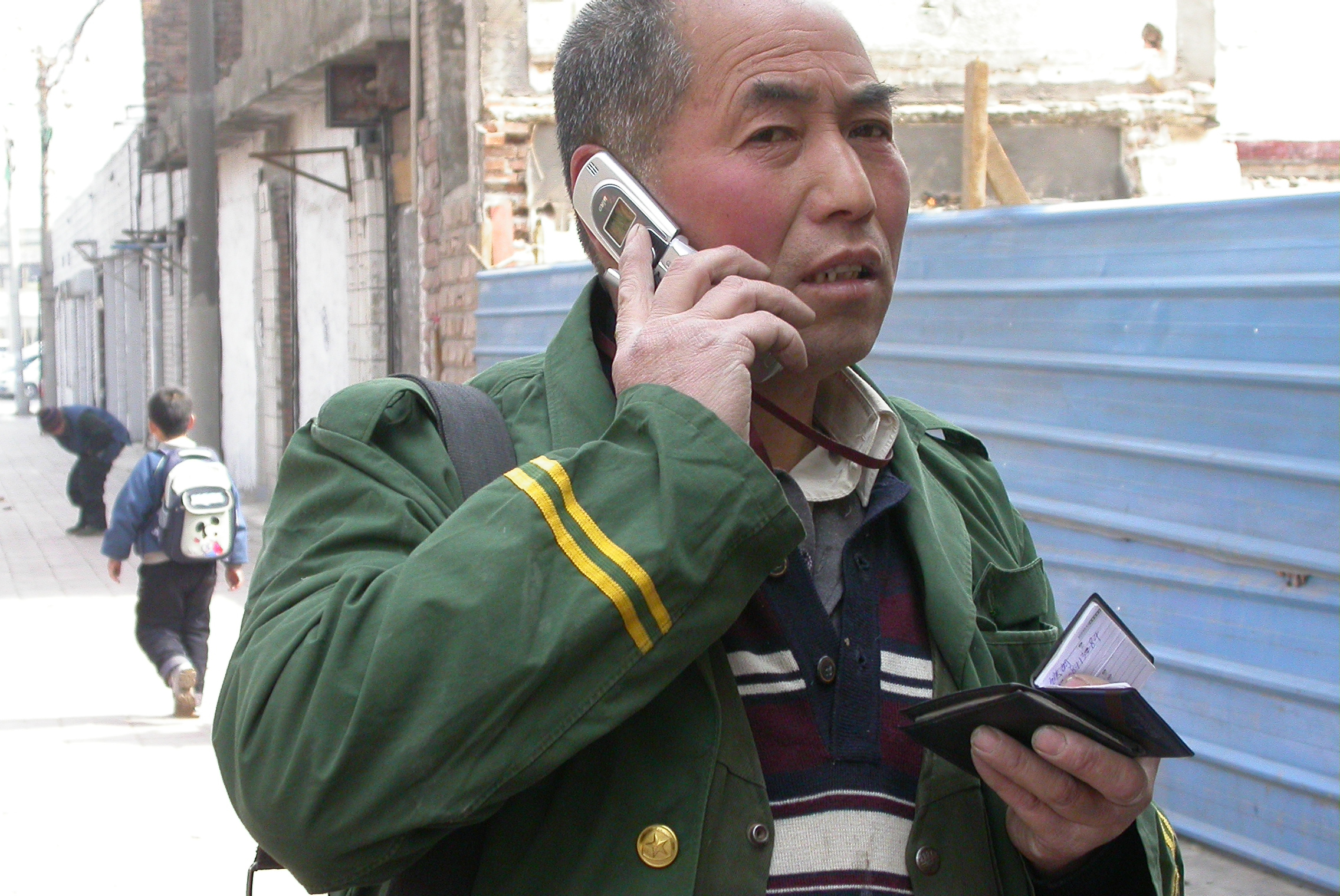
China2007 / 93 & 60min
導演:Du Haibin
Zhongshan, Guangdong Province. Many young off-farm workers are busy working for orders of next year. They work day after night, repeating monotonous tasks just like machines, they have to finish their tasks at the highest speed, since maximum output per unit time means that they will earn as much money as possible; but in fact, even that is rather slim. While they make numerous numbers of umbrellas in various colors and styles, they have no idea how much an umbrella earns for others.
Yiwu, Zhejiang Province. Advantaged geographic location gives this city an opportunity to become the foreland connecting “World Factory” and “World Market”. Local farmers’ lands were expropriated for enhancing economic development. A few lucky local inhabitants were compensated considerably for their land loss. Some of them are engaging in umbrella wholesale business in the newly constructed gigantic building, the so-called World’s Largest Small Commodity Market. Now they are nouveaux riches, and their lifestyle has almost changed completely, there seems no longer any relationship between the term “Farmers” and their current status.
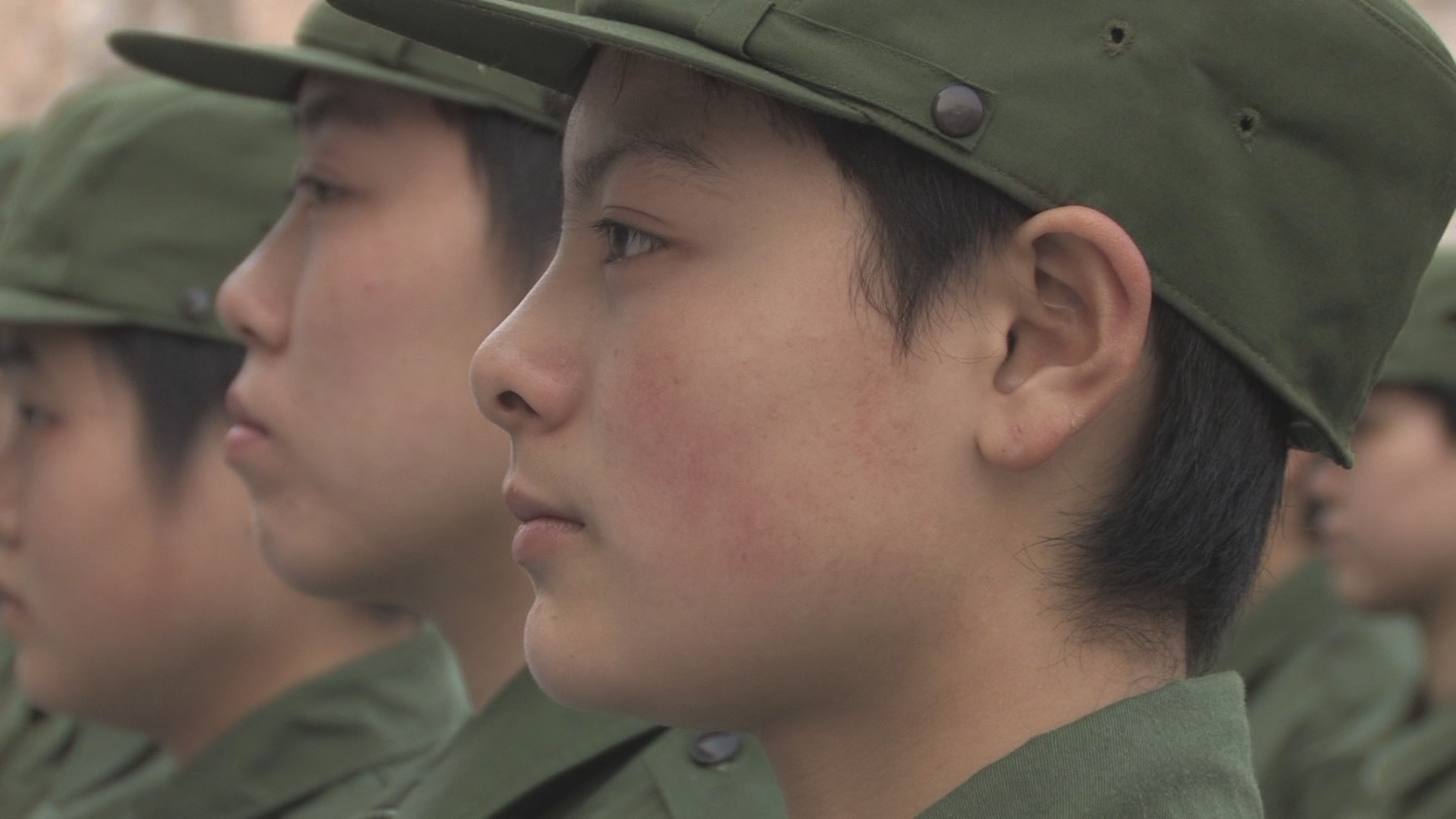
China2007 / 32min
Director:ZHU, Jie
“To learn about a city, you learn about its taxi drivers first.”
This is a very common but quite representative vocation. They come to contact with the largest number of people and are most familiar with urban life. This film describes money and life in the eyes of taxi drivers in five representative metropolises in the Greater China Region—Beijing, Guangzhou, Hong Kong, Taibei and Singapore, and in two characteristic small and medium-sized cities—Chengdu and Dieling.
Located in different parts in and outside of China, these cities represent different cultural traditions of China, and become a microcosm of the Chinese city. How people live in these places, what do they think of their lives and money in particular? We find a very interesting contrast among the different cities. Through similarity and discrepancy, we outline Chinese people’s views on money and life in 2007.

Contact Mail